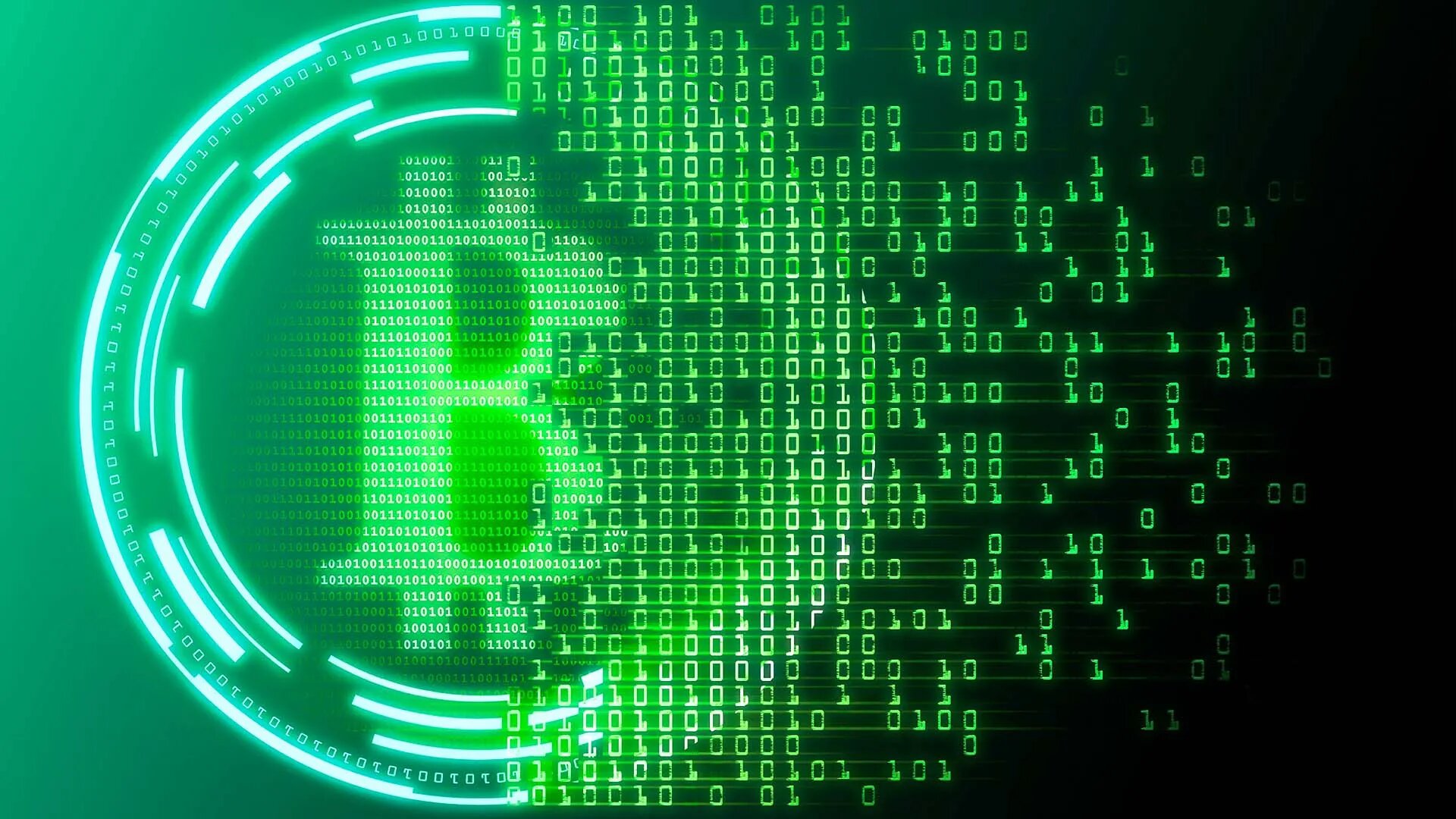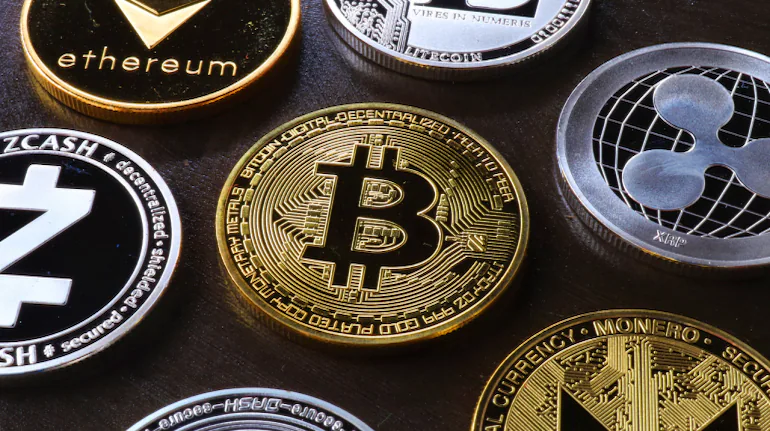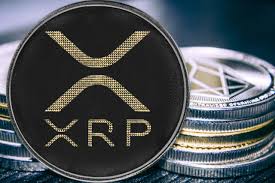NFT Steez and Lukso co-founder explore the implications of digital self-sovereignty in Web3
While there are a number of challenges to achieving digital self-sovereignty in Web3, the potential benefits are significant.

Digital self-sovereignty is the ability of individuals to have full control over their digital identities and data. digital self-sovereignty in Web3, this means that users should be able to own and manage their digital identities without having to rely on centralized platforms.
NFT Steez and Lukso co-founder Marjorie Hernandez recently discussed the implications of digital self-sovereignty in Web3 in an interview. Hernandez believes that digital self-sovereignty is essential for the success of Web3.
Why is digital self-sovereignty important in Web3?
Digital self-sovereignty is important in Web3 because it gives users more control over their digital lives. In Web2, users' digital identities and data are often controlled by centralized platforms, such as Google, Facebook, and Amazon. These platforms can collect and use users' data without their consent, and they can also censor users' content.
In Web3, users should be able to own and manage their own digital identities. This means that they should be able to decide who has access to their data and how it is used. Digital self-sovereignty also gives users the freedom to express themselves online without fear of censorship.
How can NFTs be used to achieve digital self-sovereignty?
NFTs can be used to achieve digital self-sovereignty in a number of ways. For example, NFTs can be used to represent ownership of digital assets, such as artwork, music, and in-game items. This could lead to a new era of digital ownership, where people have more control over their digital assets and can even monetize them.
NFTs can also be used to create new forms of social interaction. For example, NFTs could be used to represent membership in exclusive online communities or to give people access to exclusive events. This could help to build stronger relationships between users and creators.
What are the implications of digital self-sovereignty in Web3?
Digital self-sovereignty has a number of potential implications for Web3. For example, it could lead to the development of new decentralized applications (dApps) and social media platforms that give users more control over their data and content. It could also lead to the creation of new economic opportunities for users, such as the ability to monetize their digital assets or data.
Digital self-sovereignty could also have a positive impact on social justice. For example, it could help to reduce the power of centralized platforms and give users more control over their online experiences. It could also help to promote diversity and inclusion in Web3 by giving users the freedom to express themselves without fear of censorship.
Challenges to achieving digital self-sovereignty in Web3
There are a number of challenges to achieving digital self-sovereignty in Web3. One challenge is that the NFT space is still relatively new and immature. This means that there is a lack of standardization and regulation in the space.
Another challenge is that many users are not yet familiar with NFTs or how to use them. This means that there is a need for education and awareness-raising initiatives to help users understand the benefits of digital self-sovereignty and how to achieve it using NFTs.
Digital self-sovereignty is essential for the success of Web3. NFTs can be used to achieve digital self-sovereignty in a number of ways, such as representing ownership of digital assets and creating new forms of social interaction.
While there are a number of challenges to achieving digital self-sovereignty in Web3, the potential benefits are significant. Digital self-sovereignty could lead to the development of new dApps and social media platforms that give users more control over their data and content. It could also lead to the creation of new economic opportunities for users and promote diversity and inclusion in Web3.
Additional thoughts on the implications of digital self-sovereignty in Web3:
- Digital self-sovereignty could lead to the development of new forms of governance. For example, NFTs could be used to create decentralized autonomous organizations (DAOs) that are owned and controlled by their members. This could give users more say in how their communities are governed.
- Digital self-sovereignty could also have a positive impact on the environment. For example, NFTs could be used to create new forms of carbon offsetting and renewable energy markets. This could help to reduce the environmental impact of Web3.
Overall, digital self-sovereignty is a powerful concept with the potential to revolutionize the way we interact with the digital world. NFTs are a key tool that can be used to achieve digital self-sovereignty in Web3.
What's Your Reaction?
















